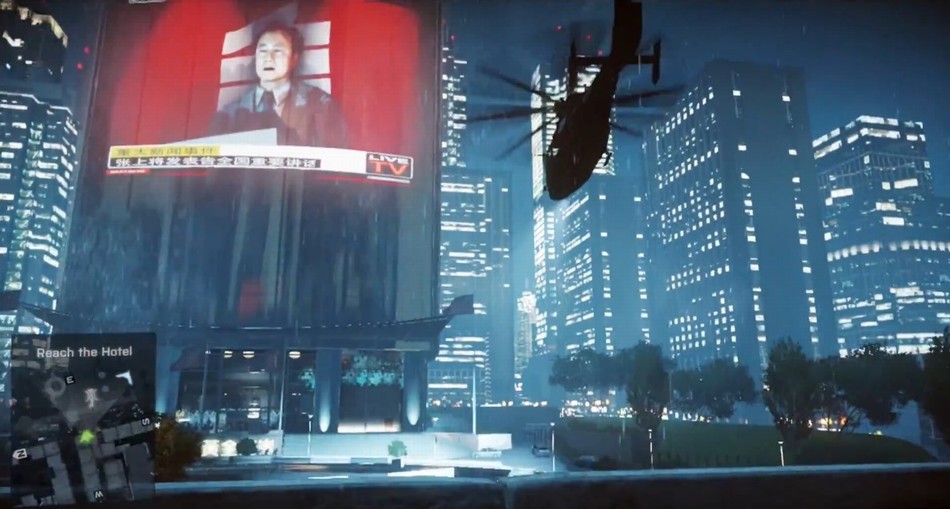
I’m sure those of you who play video games regularly and are also interested in various humanities disciplines have noticed that video games can’t teach you much about Chinese history and politics. Considering that China is one of the most promising markets for the video game industry, the fact that there is no AAA game with a Chinese theme is a little bit disappointing.
There have actually been some attempts by pioneers. For example, Battlefield 4, released in 2013, had a single player mode in which players could help the legitimate president-elect of China dismantle a military coup initiated by a mad general to overthrow the socialist regime.
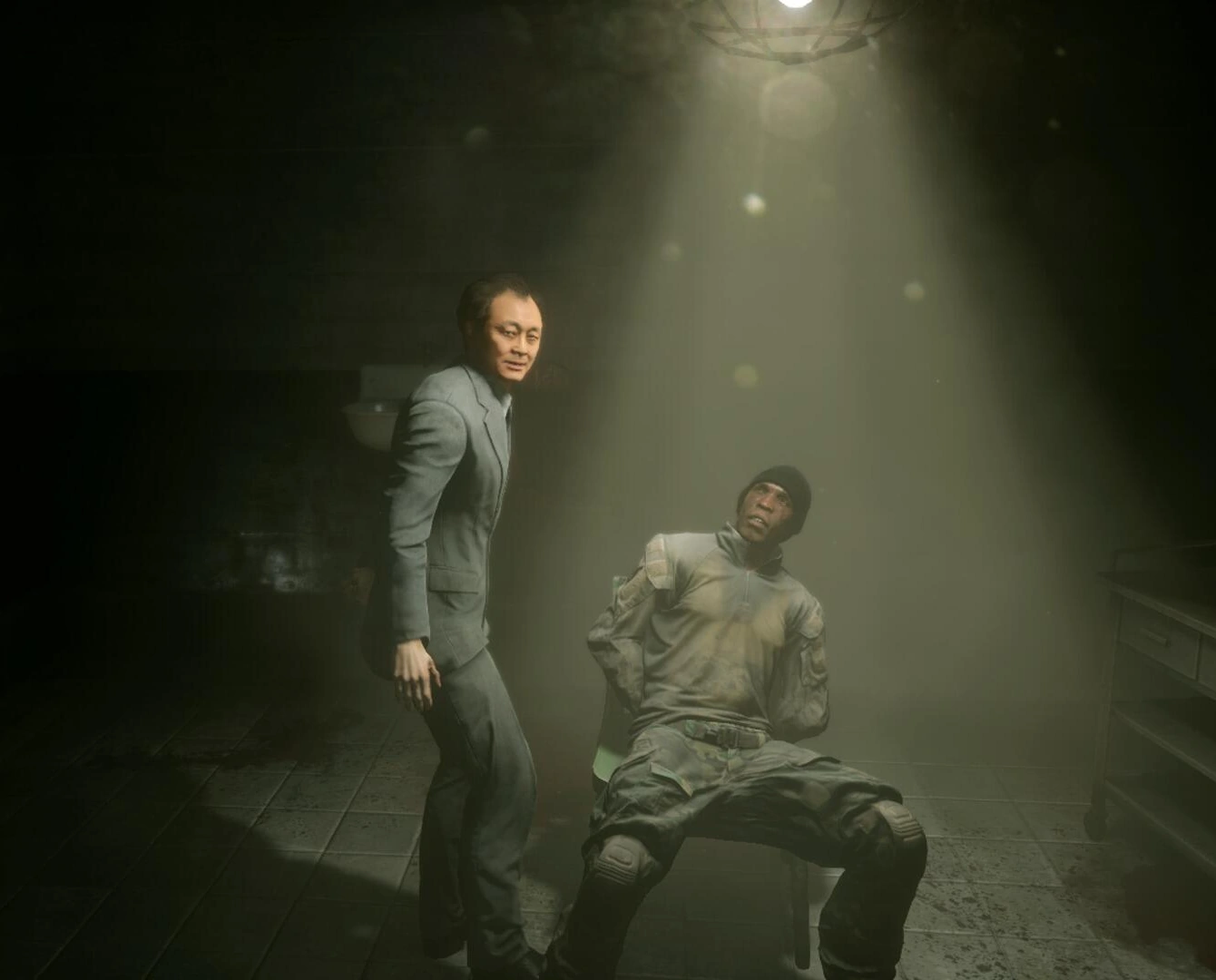
Even though I was very ignorant about politics at the time, I still found the story very interesting. However, Chinese censors still blacklisted Battlefield 4, which means that individuals who sell or discuss the game on the Internet could be held liable. Meanwhile, the publisher Electronic Arts has been boycotted by many nationalists.
The reason for banning the game was called “辱华 (ru hua)”, which literally means “insulting China”. The meaning of this expression is rather vague, and there is no legally binding document that would help me to give a more understandable explanation for it. Therefore, government and nationalists can enjoy much more flexibility when they are interpreting this.
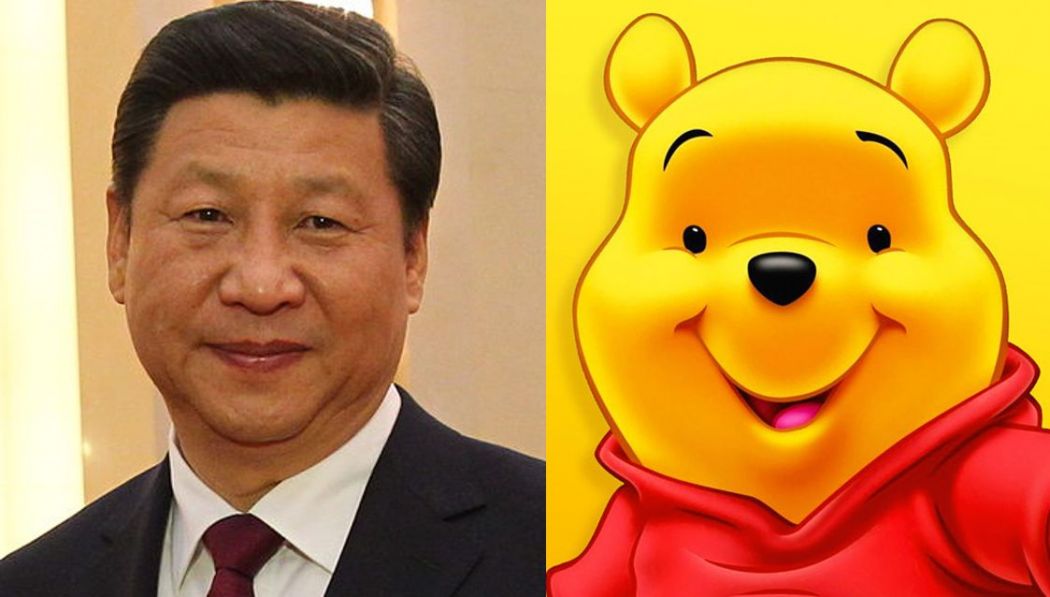
We can imagine how the Chinese players and government would react if there was a Call of Duty-like shooting game that pitted the US military against China’s People’s Liberation Army (PLA) adn I have set up the following possible scenarios
- The protagonist is an American soldier fighting against the Chinese in China
Reaction: You’re insulting China! You are imagining the US invading my country!
2. An American soldier fighting against the Chinese in the US.
Reaction: You’re insulting China! This is racism!
3. A PLA soldier fighting against Americans in China.
Reaction: You’re insulting China! How could China be so weak as to let American troops land on its territory?
4. A PLA soldier fighting against Americans in the US.
Reaction: You’re insulting China! Please don’t preach the “China threat theory“.
This is not a joke, there is no shortage of people on the Chinese internet who hold this logic, and the same theory can be applied to any discussion of Chinese language, history, or even cuisine. In the “judicial system” of China’s censorship machine, “insulting China” is a pocket crime that “enforcers” can use to arbitrarily and subjectively declare a work “hurts the national pride of the Chinese people”.

So it’s easy to see why the major game studios won’t be developing any high-cost video games with China-related themes, at least in the near future. Gaining access to the Chinese market is indeed crucial if you want to expand the business globally, but any developer who has done a serious risk assessment will understand how the sensitivity, vulnerability and arbitrariness of the Chinese government could put them in jeopardy in terms of business performance. It’s possible to think you’ve applied your cautious speculation about the government’s and nationalists’ emotional trigger points to your game production perfectly, but still got the game banned for some unexpected or unforeseen reasons
Rainbow Six: Siege (R6S), is a victim of such naivete. While focusing on the Chinese market, Ubisoft Montréal studio has been avoiding linking this counter-terrorism themed game too much to geopolitics. That’s why they chose to give the two Chinese characters Lesion and Ying, with Hong Kong backgrounds and assigned them PLA-style weapons.
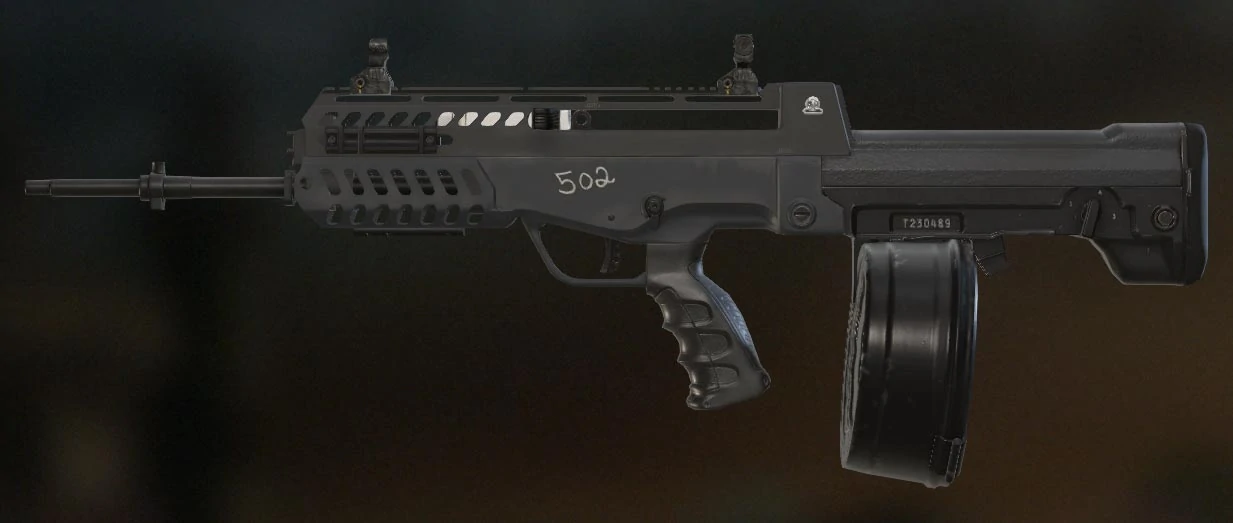
To give the Red China some involvement in the game, they also added Lesion‘s experience in drug enforcement operations at the Chinese border to his bio. I was very impressed by this extremely intelligent self-protection by the developers. Around 2018-2020, R6S was one of the most popular games on the Chinese streaming platform; I believe that the Chinese elements of the game must be one of the important secrets of success.
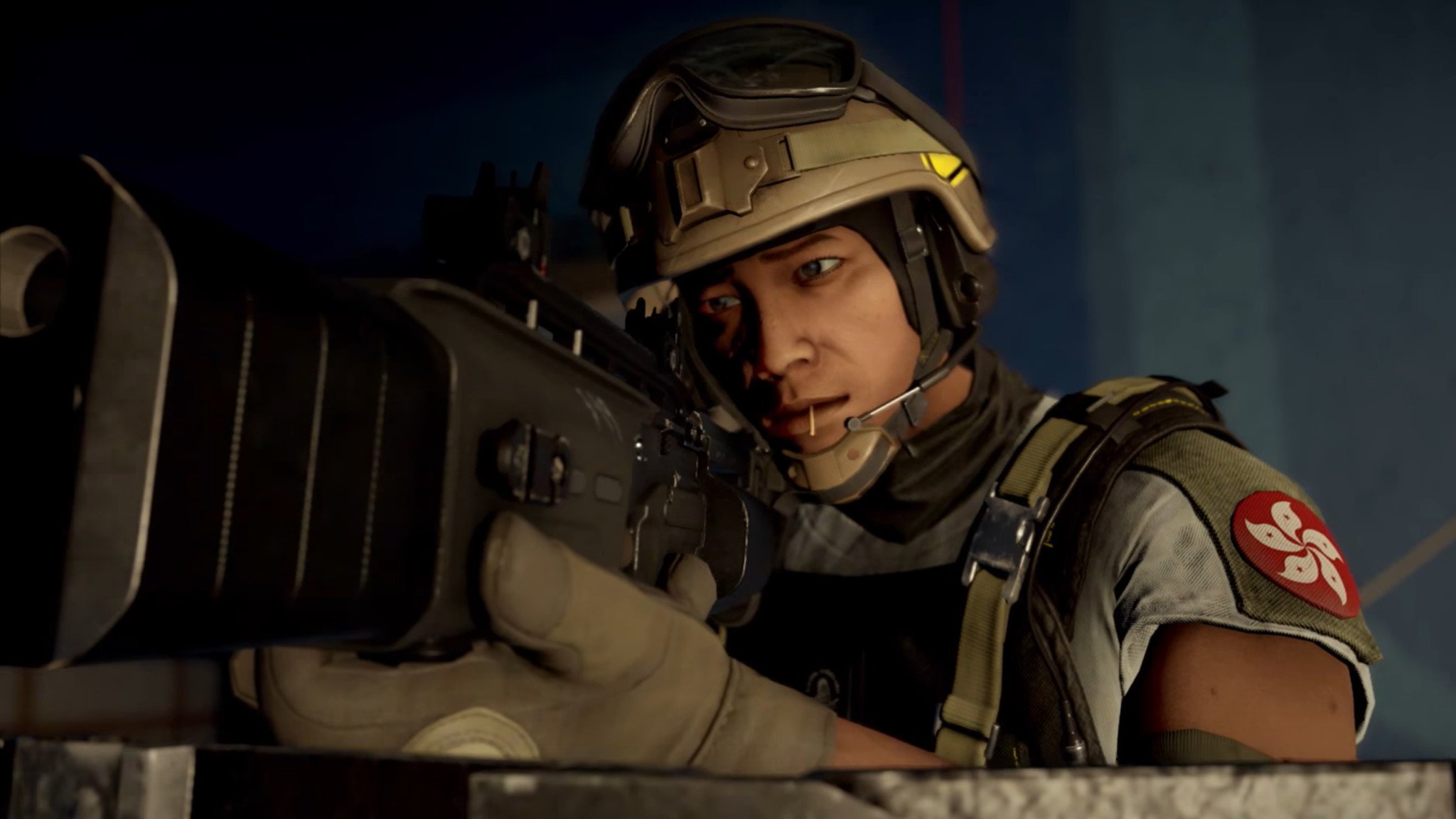
However, R6S was soon banned across all platforms in China in late 2020, and related discussions have been censored to varying degrees since then. Some people believe that was because the game contains too much bloody and violent content. But considering that CS:GO live streaming “industry” is still flourishing today, I don’t think it can convice me.
Another explanation, which I find more plausible, is that the censors found that the game still contains something “insulting China: not only because the creator of the game’s story, the late novelist Tom Clancy, was an anti-communist, but also because of the increasing presence of LGBTQ-friendly content in the game over the last years — the latter of which has been demonized by propaganda since Xi came to power, as a ”mental poison“ used by “enemy countries” to mutilate the Chinese people.
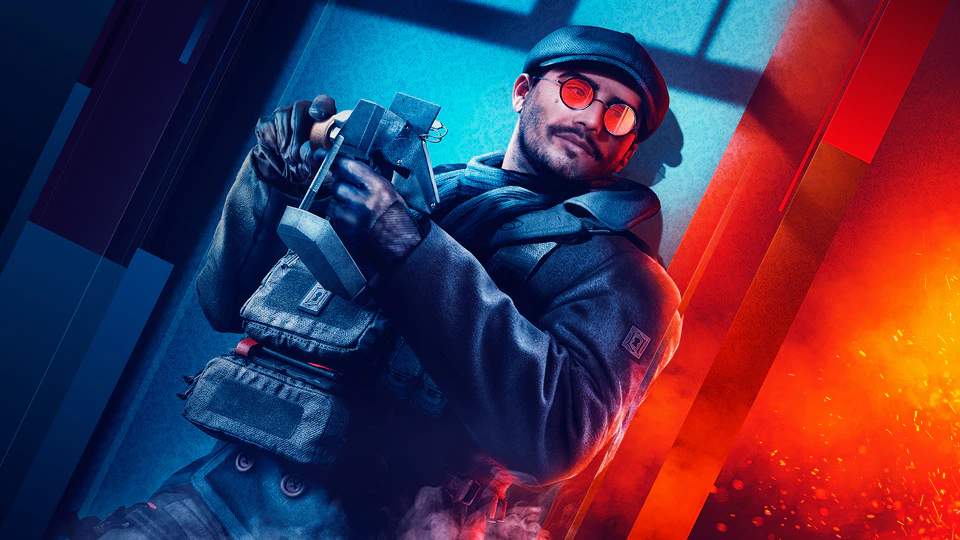
To be honest, I’d really like to see a game that presents the history of the People’s Republic of China from 1949-1978 the way the Assassin’s Creed series does. But what price would the developers have to pay for that? I don’t know.
Reference:
[1] Liu. 2013. “Battlefield 4 banned in China over national security”
[2] Kan. 2019. “‘Insulting China’ and the business of fomenting online rage”
[3] Bell. 2022. “Ubisoft pulls Rainbow Six Siege major from UAE amid backlash from LGBTQ esports community”




This was a really insightful post! I have heard some people question why Asian and mainly Chinese representation in some games is so low. And I thought: “Huh? Yeah, how could that be?” It is now clear that censorship and fragile pride are the cause. I had heard about the Winny The Pooh scandal and if I’m correct It is now banned, right? Funny, but also scary!
Thanks for your comment and sorry for the late reply!
Yes, this risk of political instability can be fatal for industries that require creativity. No truly aspiring game developer, or even writer, or artist would want to dedicate their careers to a land where there is little freedom in in terms of the creation of literary and artistic products .